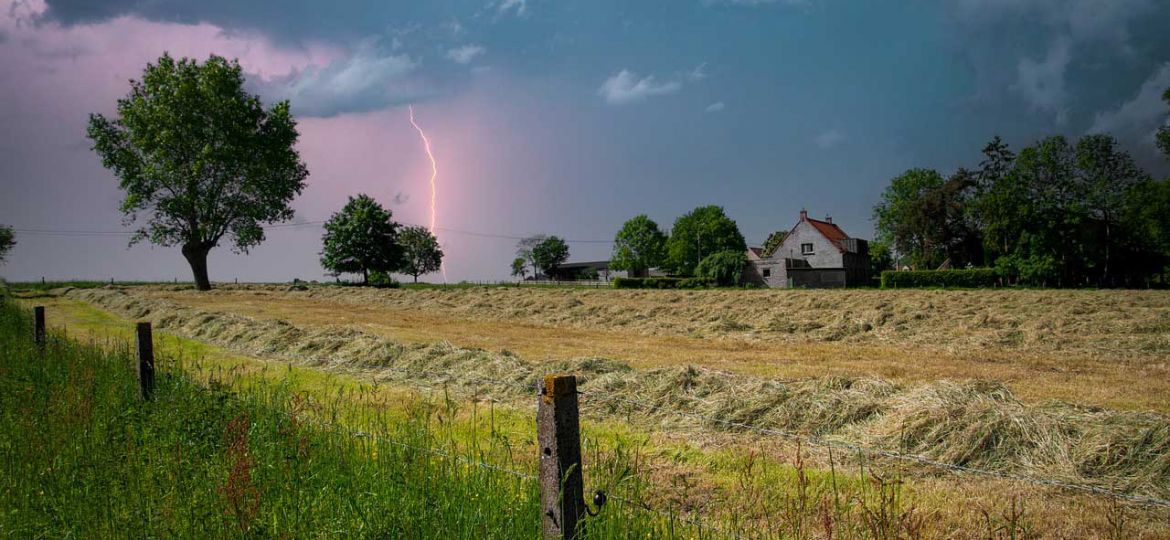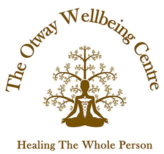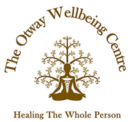
Hayfever seasons usually begins around October 1st and lasts until the end of December. Many people dread this time due to their reaction to the circulating pollens. My husband suffers hayfever that evolves into asthma during this time and also suffers from ‘Thunderstrom Asthma’. I am determined to get onto of his allergies this year! Here are a few tips about what I am planning on doing with him.
Allergies
Hayfever is an IgE-mediated immune reaction to airborne allergens, usually pollen, but can also include dust mites, mould and animal hair. When these tiny particles come into contact with the cells that line your mouth, nose, eyes and throat, they irritate them and trigger an allergic reaction.
But why does this happen? Well, your body is overreacting to something it perceives as a threat. Your immune system is hypersensitive and is responding as if it were being attacked by a virus.
As a result it releases a number of chemicals designed to prevent the spread of what it wrongly perceives as an infection. These chemicals cause the symptoms of an allergic reaction, such as nasal congestion, watering, itchy eyes, and a runny nose. Histamine is one of the chemicals responsible for the above mentioned symptoms.
It’s unclear what causes the immune system to react in this way, but there are several factors that can increase your risk of developing hayfever. They include:
- digestive issues – gut microbiome issues, inflammation, leaky gut, allergies etc.
- having asthma or another allergic condition, such as eczema or a food allergy (this is what’s known as atopy, or the genetic tendency to develop allergic conditions)
- having a family history of allergies – you have a 50% chance of developing an allergy if one parent is allergic, and a 75% chance if both parents are allergic
- being exposed to tobacco smoke and diesel exhaust particles during early childhood OR
- smoking or prolonged exposure to second-hand smoke
So what are the top causes of hayfever?
I mentioned pollen earlier. The majority of plants pollinate in spring, which is why the warmer months are so challenging for hayfever sufferers.
Other allergens that can be responsible for hayfever symptoms include plant phenolics and terpenes. These are naturally occurring compounds that help determine a plant’s taste, colour and smell. However, an adverse reaction to some airborne phenolics and plant terpenes may also contribute to the symptoms of hayfever and even asthma or some skin conditions.
If you experience year-round allergies you may be reacting to these substances as well as dust mites, mould spores and animal hair.
Food allergies can also cause hayfever symptoms. This is known as cross reactivity and it happens when the immune system reacts to the proteins found in one substance because they are structurally similar to the proteins found in another. As a result, the immune system sees them as identical and reacts to them in the same way. So, for example, if you’re allergic to pollen, you may find that eating certain fruits or vegetables also sparks your allergy symptoms.
Treating hayfever
As with most allergies, the best way to control hay fever is to avoid the triggers. However this is often very difficult. Here are a few of the herbs and supplements I usually recommend:
- Quercetin and Bromelains: Anti-inflammatory nutrients that are helpful for the management of allergies, resetting the immune system, and helping minimise respiratory congestion and mucous production.
- Milk thistle: Traditionally used to support detoxification and healthy gastrointestinal function. This herb also possesses antihistamine effects beneficial in allergic conditions, particularly hay fever.
- Reishi and Shiitake: Medicinal mushrooms that support healthy immune system function. Reishi is specifically useful to reduce wheeze and excess mucous production. These mushrooms help to neutralise antigens, reducing immune system reactivity.
- Baical skullcap: A herb with antihistamine and anti-inflammatory actions that has traditionally been used to treat allergic symptoms such as red eyes and eczema.
- Perilla: Traditionally used in the treatment of asthma. This herb is also effective for those experiencing seasonal allergic rhinitis.
- Glutamine: Helps soothe and protect the gut lining, helping minimise digestive symptoms, as well as reducing immune reactivity.
- Lactobacillus rhamnosus (LGG®) and Lactobacillus paracasei (LP-33®): Specific probiotic strains that support healthy immune system function, thereby reducing allergic skin responses, particularly those associated with eczema. These strains also reduce respiratory reactivity symptoms such as a blocked, itchy nose, watery eyes and sneezing.
- Omega-3 fatty acids: High potency fish oil offers anti-inflammatory support to promote a healthy immune system response, helping to reduce reactivity and maintain long-term immune control in people with allergies. A pure, high quality fish oil supplement can be recommended by your Practitioner.
Avoiding Histamine Food/Drinks
For hayfever sufferers, it is also important to reduce how much you drink because alcohol worsens hay fever symptoms. Beer, wine and spirits contain histamine, that very same chemical that sets off allergy symptoms in your body. As well as making you more sensitive to pollen, alcohol also dehydrates you, making your symptoms seem worse. Other histamine rich foods such as chocolate, aged cheese and fermented foods should also be avoided.
Also eating foods rich in omega 3 and 6 essential fats is very beneficial. These fats can be found in fatty fish, nuts, seeds, and their oils. They contain anti-inflammatory properties, and may help reduce the severity of hayfever symptoms over time.
If you need help managing your symptoms this year come by for a Naturopathic consultation.

